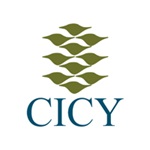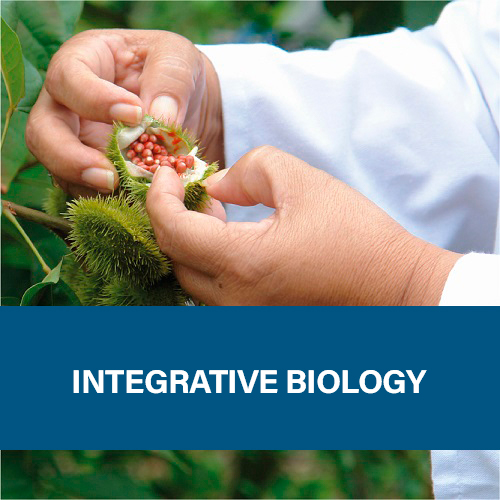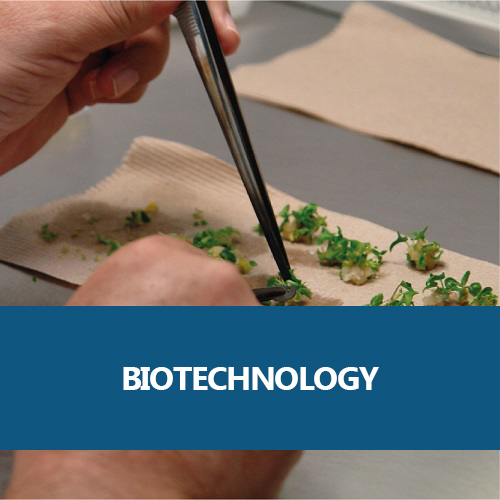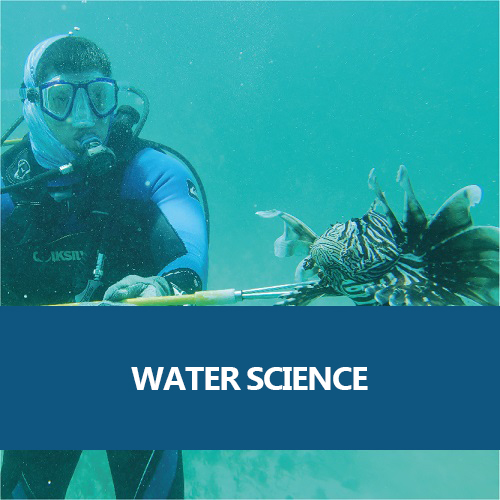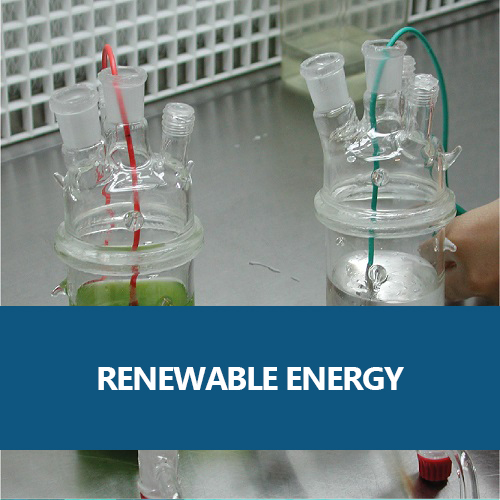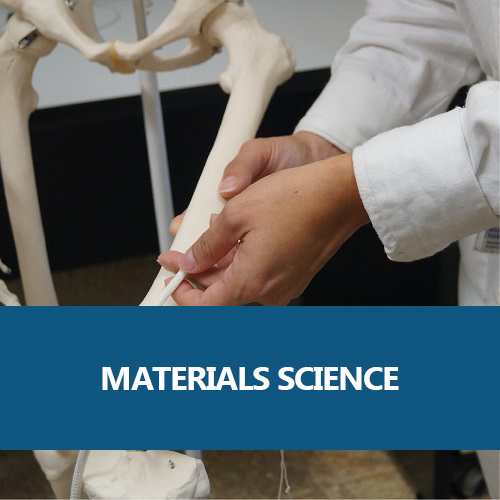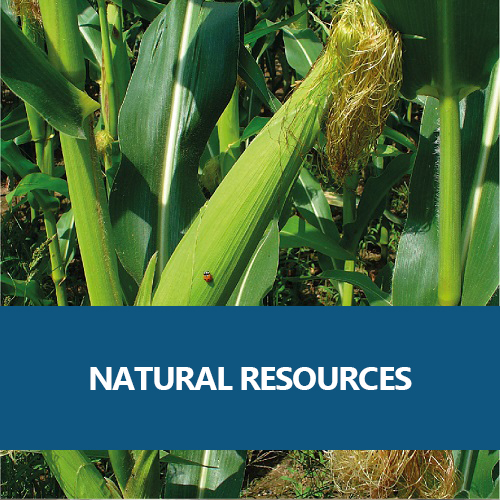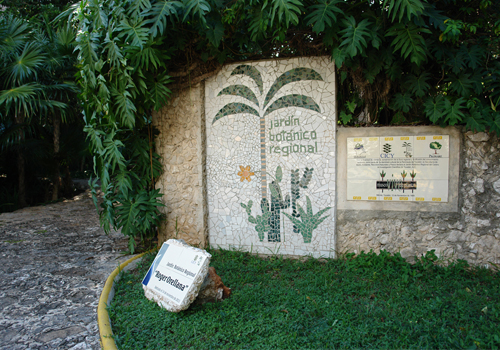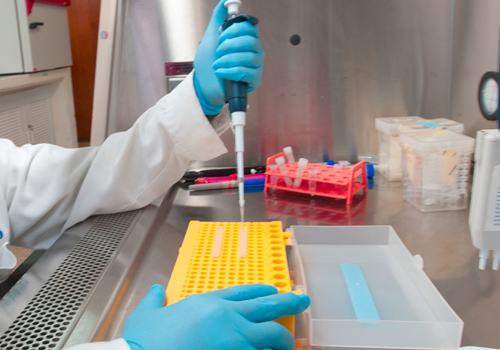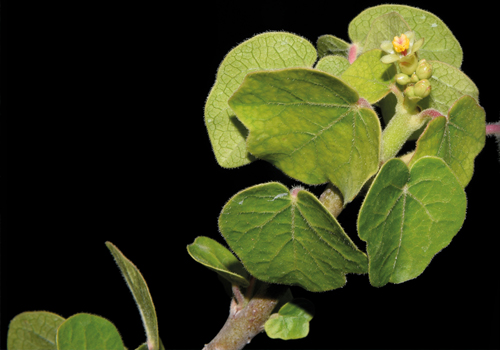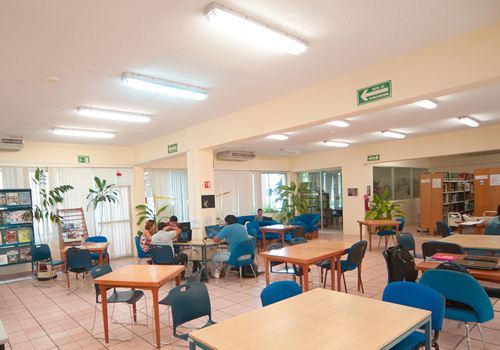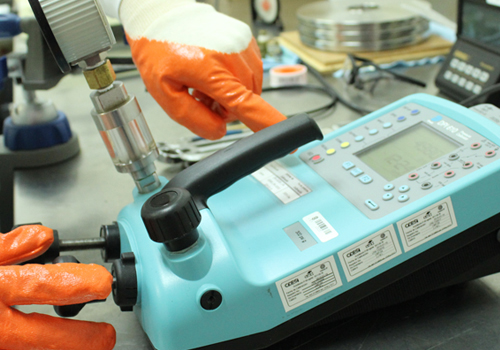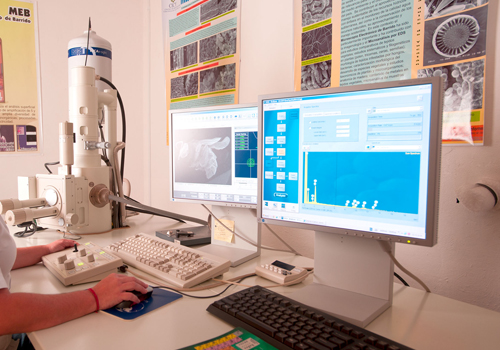CICY GRADUATE PROGRAMS
Graduate degrees are available in the following areas:
- Biological Science (M.Sc. + Ph.D.)
- Renewable Energy (M.Sc. + Ph.D.)
- Materials Science (M.Sc. + Ph.D.)
- Water Science (M.Sc.)
Read more
HIGHLIGHTS
-
Botanical Garden
A botanical garden permanently exhibits collections of living plants organized following scientific criteria, with explanatory text and name labels. Botanical gardens are an important element in basic and applied scientific research, natural resources conservation, environmental education, science outreach and recreation. They have been valuable resources since ancient times, and have served diverse functions, depending on users’ needs and interests, cultural patterns and floristic resources. Initially reserved for rulers, kings and emperors, in the Middle Ages they became valuable for the teaching and practice of medicine. Colonial powers used them to begin immense plantations of introduced species in conquered countries, and now they are used to introduce new horticultural and agricultural species and varieties, as well as for scientific research. Worldwide, there are approximately 2000 botanical gardens which support horticulture and agronomy, and are active in conserving biodiversity and ecologic processes at the local and planetary scales.
Roger Orellana Regional Botanical Garden
Founded in 1983, the CICY’s botanical garden is “regional”, meaning that its collections are largely from the flora of the Yucatan Peninsula. Its collections have supported conservation of regional vegetal resources, both through direct preservation and research. Activities at the garden publicize the value of regional flora, and promote specific conservation initiatives. Declared a “Living Plants Museum” by the federal government, it is also recognized as a “Center for Wildlife Management and Conservation” (SEMARNAT-UMA-JB-0039-YUC-02). The garden is a member of the Mexican Association of Botanical Gardens (AMJB), the Latin American and Caribbean Association of Botanical Gardens (ALCJB) and the International Organization for Conservation in Botanical Gardens (BGCI). With almost 38 years in existence, its collections, and the research, conservation and educational activities they support, have made it part of the region’s cultural and biological heritage.
-
Gembio Lab
Founded in 2006, the GeMBio Laboratory specializes in molecular analyses for biological research. It forms part of the Mexican Phytosanitary Laboratories Network, which is approved by the federal Ministry of Agriculture and certified by the Mexican Accreditation Institute (EMA). GeMBio is currently the only laboratory on the Yucatan Peninsula to be a member of the International Laboratory Accreditation Cooperation (ILAC) for plant health conditions. The laboratory is dedicated to using applied phytopathology to contribute to regional and nationwide plant health. It is renowned for phytopathogen diagnosis, detection of genetically-modified organisms, design of integrated pest and disease management strategies, creation of new protocols, and molecular research on plant biodiversity and microorganisms.
-
Herbarium
The CICY herbarium collection currently comprises over 46,000 mounted specimens, with 3,000 to 5,000 more being processed. Over 75% of the collection is from the Yucatan Peninsula, the remainder being from the states of Tabasco, Chiapas and Oaxaca, and from other areas in Mesoamerica. It is by far the largest, best curated and documented collection of flora from the Yucatan Peninsula Biogeographic Region. The herbarium has exchange agreements with several national and international institutions, and constantly receives visitors from within the CICY, as well as from Mexico and all over the world. The Natural Resources Division has several projects in progress at involve the herbarium, highlighting its importance to graduate student research at the CICY.
-
Library
The CICY library provides a full spectrum of research and academic services to internal and external users. There is an extensive and current collection of physical books, reports and periodicals. Library staff are always available to assist users in searching and browsing library resources, including its extensive access to online resources.
The CICY subscribes to numerous international publishing services. For more information consult the CICY website: www.cicy.mx. Following is an example of services:
- Thomson Gale and Thomson Reuters databases (includes Academic OnFile, Science Citation Reports, Current Contents, Journal Citation Reports and Derwent Innovations)
- Cambridge Scientific Abstracts databases (includes Agrícola, Polymer Library, ASFA, Environmental Sciences & Pollution Management, Plant Science and Water Resources Abstracts).
- Knovel (provides access to 256 titles on chemistry, polymers and materials science)
- Annual Reviews (access to 42 titles)
- Blackwell (access to over 800 titles)
- Royal Society of Chemistry (access to 21 titles)
- Springer (access to over 1500 titles)
- J-STOR (access over 600 titles)
- SWETSWISE (access to 23 electronic titles)
- EBSCOHOST (access to 24 electronic titles)
-
Metrology
The CICY Metrology Laboratory provides industrial and scientific instrument calibration, training courses and preventive maintenance for business, industry and laboratories. It is accredited by the Mexican Accreditation Institute (EMA) for measurements of mass, volume, temperature, flow, optics and pressure. Because the EMA forms part of the International Laboratory Accreditation Cooperation (ILAC), CICY Metrology Laboratory results are valid internationally. The measurement services offered include, but are not limited to:
- Mass.- From 100 mg to 1000 kg
- Volume.- In graduated flasks and storage tanks from 1 to 30,000 liters
- Temperature.- from -30 °C to 800 °C
- Flow.- From 5 to 3000 liters/min
- Optics.- Spectrophotometry, absorbance and transmittance
- Pressure.- Manometer calibration from 21 up to 68,948 kPa
-
Scanning Electronic Microscopy
The CICY has a JEOL JSM6369LV scanning electron microscope for counting, sizing, fingerprinting and mapping samples for materials science and biological research. In addition to standard SEM imaging for metals, ceramics, polymers, etc., it can image biological materials using a low vacuum mode. The equipment has a backscattered electron detector, a secondary electron detector, energy X-ray dispersion, cooling stage, image analysis techniques, bacterial identification and particle sizing. Services are available to the public upon request.


